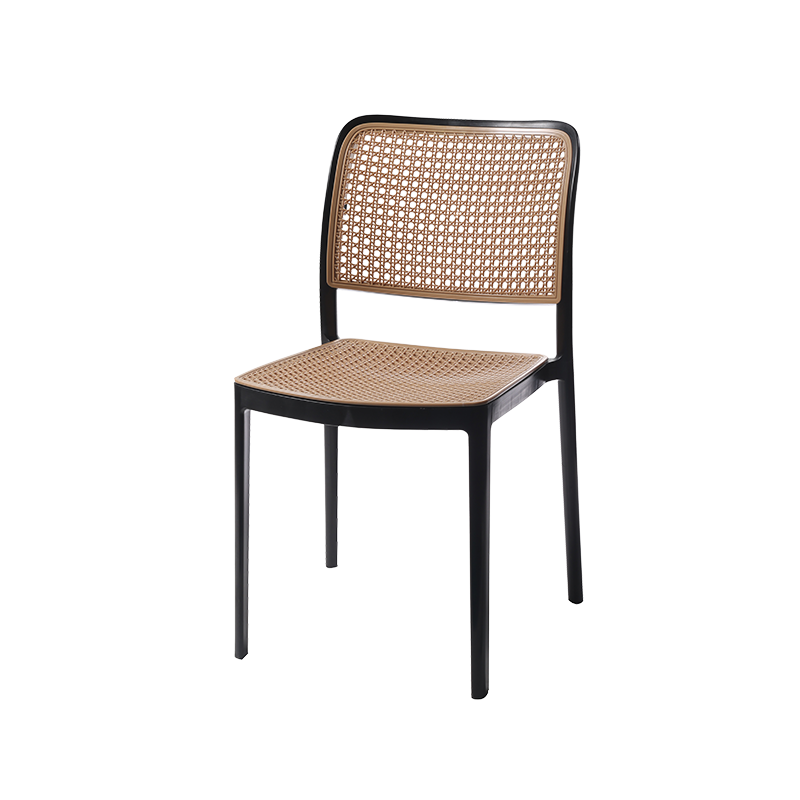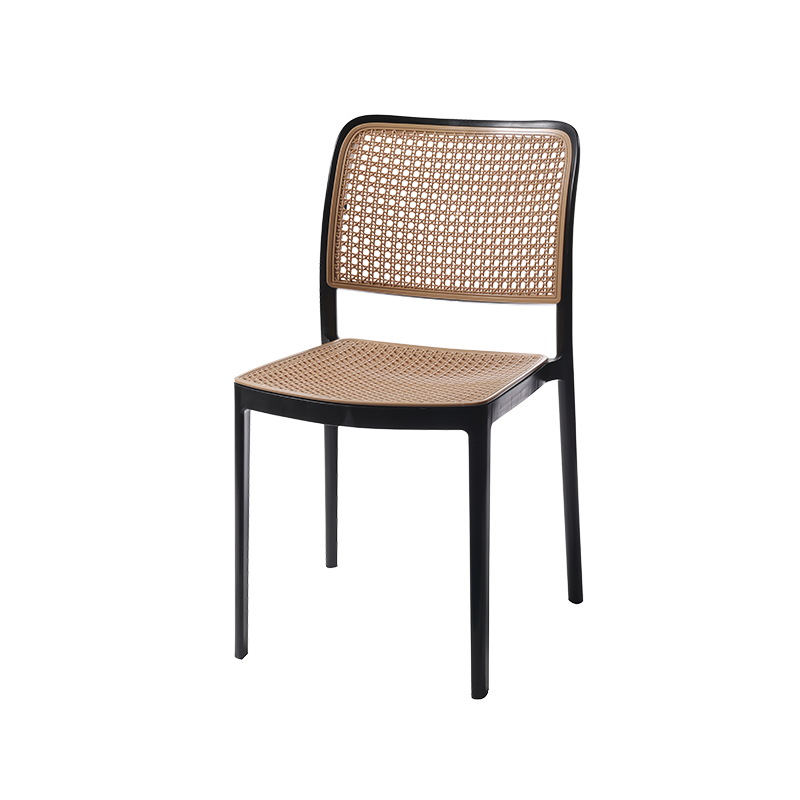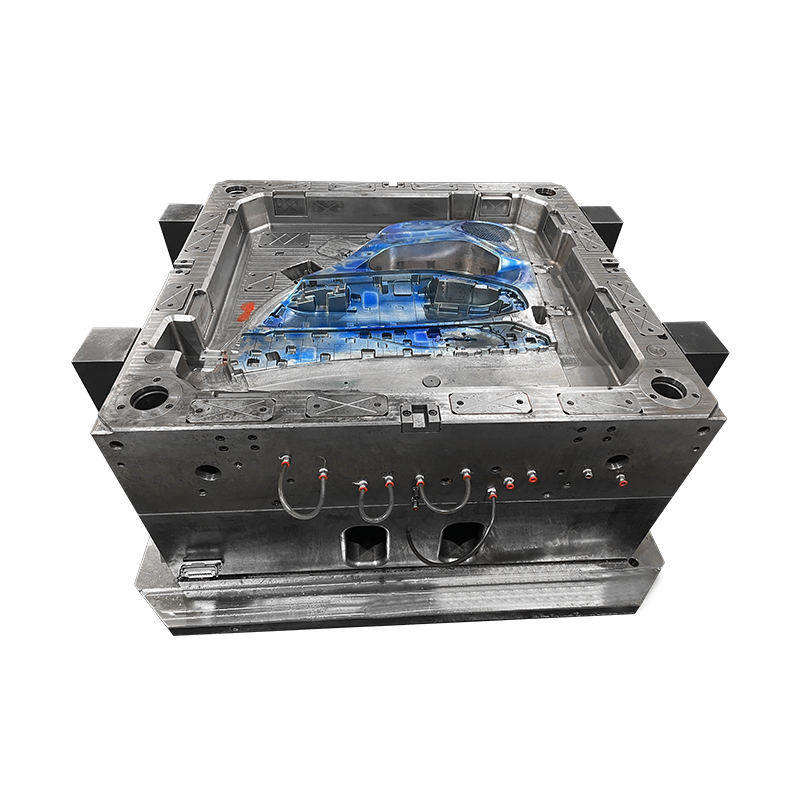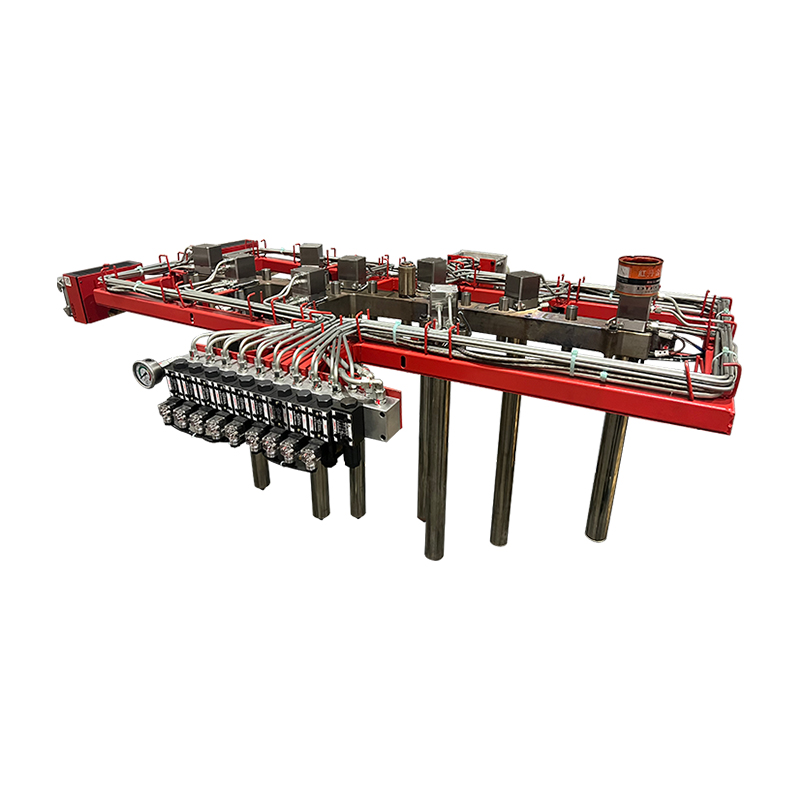
Chair injection molded parts
|
Mould Type |
Injection mould |
|
Mould Steel |
P20 / S50C |
|
Mould Cavity |
Single cavity / Multiple cavities / Multiple cavities with interchangeable inserts |
|
Heating System |
Oil heating / Electrical rods heating |
|
Runner System |
Cold or Hot runner depends on product |
|
Mould Cycle |
depends on mould steel, P20 could support around 300 thousand lifespans |
|
Lead Time |
50 days |
Liberal Mould specialises in composite mould and injection mould, we are capable of providing a one-off solution for our customers from mould development, design, and mould making to finished products according to our customer requirements.
Injection chair molds are specialized tools crucial to the production of chairs through the injection molding process. This advanced manufacturing technique involves injecting molten material, often plastic, into a mold cavity to form chair components with precision and efficiency. Injection chair molds play a significant role in ensuring that the chairs produced are of high quality, durable, and meet the specific design requirements of various chair types, from office to outdoor seating.
What is Injection Molding?
Injection molding is a versatile and highly efficient manufacturing process used to produce a wide range of products, including chairs. The process begins by melting a material, typically plastic, and then injecting it under high pressure into a mold. The mold, which is the negative shape of the desired component, cools and solidifies the material, forming the finished part. This method is renowned for its ability to produce complex shapes with high precision and consistency, making it ideal for manufacturing detailed and functional chair components.
Key Features of Injection Chair Molds:
1. Precision and Accuracy: Injection chair molds are designed with high precision to ensure that each chair component meets exact specifications. This precision is crucial for achieving consistent quality and fit of the final product.
2. Complex Design Capabilities: Molds can be designed to create intricate and detailed chair components, including ergonomic features, patterns, and textures. This capability allows for the production of aesthetically pleasing and functional chairs.
3. Material Versatility: While plastic is the common material used in injection molding, molds can be adapted for various other materials, such as thermoplastic elastomers (TPEs) or composites. This versatility allows for different properties and applications in chair design.
4. High Production Efficiency: Injection molding is highly efficient for mass production. Once the mold is created, it can produce large quantities of chair components quickly and with fewer waste, making it ideal for commercial production.
5. Durability and Consistency: Injection chair molds are made from high-quality steel or aluminum, ensuring durability and longevity. They maintain consistency across multiple production cycles, ensuring uniformity in the finished chair components.
6. Customization and Modularity: Molds can be customized to produce specific chair designs and components. Additionally, modular mold designs allow for quick changes and adaptations to produce different chair models or variations.
Applications:
Injection chair molds are used in the production of various types of chairs, including:
Office Chairs: Components such as seat bases, backrests, and armrests.
Dining Chairs: Structural elements and decorative features.
Recliners and Lounge Chairs: Ergonomic parts and comfort-enhancing features.
Outdoor Chairs: Weather-resistant components for durability in external conditions.
Benefits:
Efficiency: High production speed and low labor costs make it suitable for large-scale manufacturing.
Quality: Consistent quality and precision ensure that each component meets design specifications.
Design Flexibility: Ability to produce complex shapes and integrate functional features into the chair design.
Cost-Effectiveness: Reduced material waste and lower production costs for large volumes of products.
Injection chair molds are essential tools in the chair manufacturing process, enabling the production of high-quality, detailed, and consistent chair components. The injection molding process offers advantages in terms of efficiency, design flexibility, and cost-effectiveness, making it a popular choice for producing a wide range of chair types and designs.











